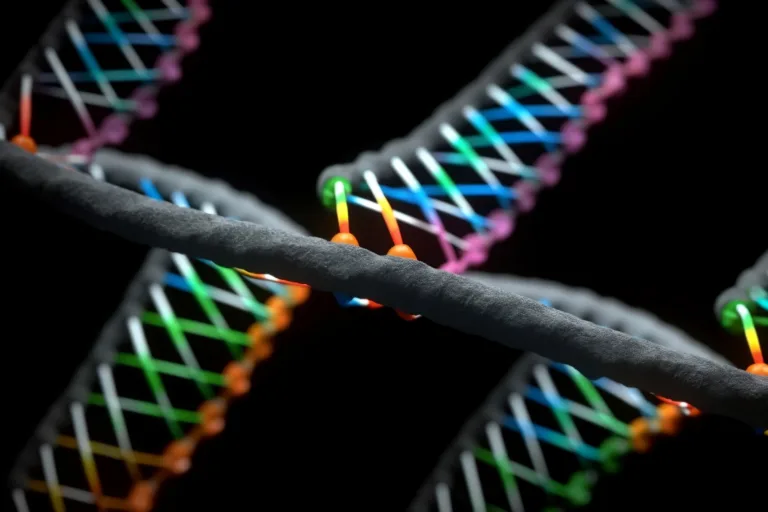Warfarin, an anticoagulant commonly prescribed, displays a wide disparity in necessary dosages among patients. This variation complicates the maintenance of the ideal anticoagulation level while attempting to reduce bleeding hazards. Yet, the latest developments in pharmacogenomics highlight the significance of genetic variances in projecting sensitivity to warfarin. The CYP2C9 gene stands as a pivotal genetic determinant in warfarin sensitivity. Genetic deviations within this gene, notably the CYP2C9*2 and CYP2C9*3 alleles, markedly influence warfarin’s metabolism. Such individuals, possessing these genetic variants, might need a diminished warfarin dosage for effective anticoagulation, owing to their diminished drug metabolism ability. Adopting pharmacogenomic tools for the assessment of CYP2C9 genetic irregularities empowers healthcare experts to individualize warfarin treatment, which enhances patient results. This method supports t...
_____
If you are a member of our Association, please log in below to continue reading our exclusive content.
Not a member yet? Discover the benefits of joining our network and gain access to exclusive content like this for only $29.95 per month. Learn More and Sign Up





